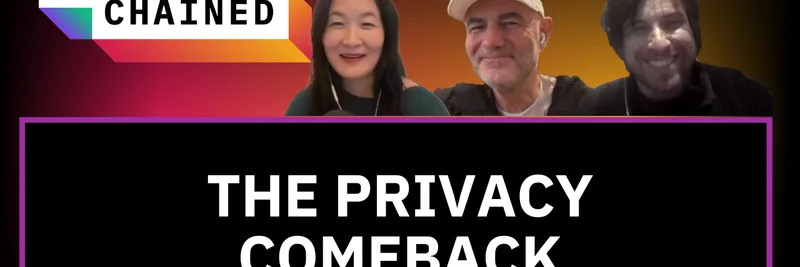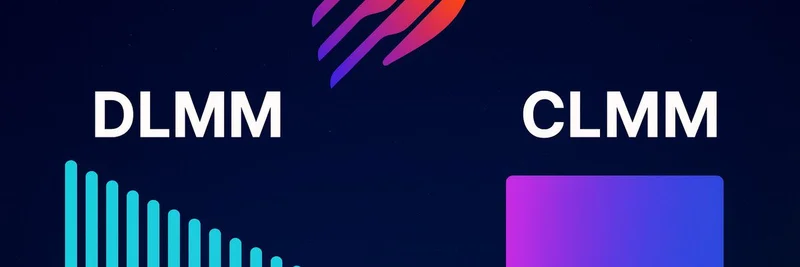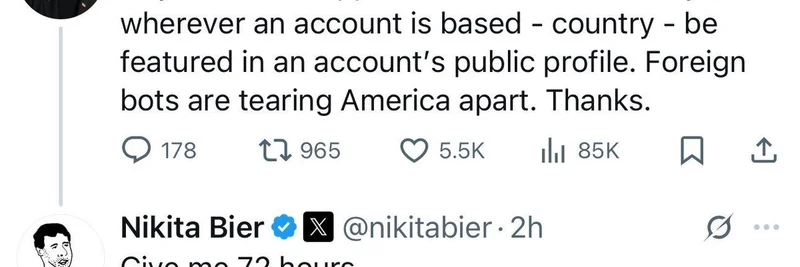In the fast-paced world of crypto, privacy often takes a backseat to hype and gains, but a recent tweet from journalist Laura Shin (@laurashin) is turning heads. She shared a clip from her Unchained podcast where Josh Swihart, CEO of the Electric Coin Company behind Zcash, drops a bombshell: transparent blockchains aren't just a privacy headache—they're a potential national security threat for the US.
核心论点:透明性是一把双刃剑
Swihart explains that while we often frame privacy in crypto as a personal right, the bigger picture involves geopolitics. Transparent ledgers, like those on Ethereum or Solana, make every transaction and balance public. That's great for verifiability, but it also means anyone—including foreign governments or hackers—can monitor US citizens' financial activities in real time.
In the clip, Swihart recounts conversations with US regulators, including Treasury officials. They acknowledged the risk but assumed crypto wouldn't go mainstream without government oversight. Well, surprise—crypto has exploded, and now those public ledgers are like an open book for adversaries. "If the US government can see everybody's transaction histories and balances, so can hackers, thieves, North Korea, and other foreign governments," Swihart warns.
This isn't abstract theory. Think about it: nations like North Korea have already been linked to crypto hacks. With meme tokens often traded on transparent chains, your wallet holding that viral dog-themed coin could be visible to anyone scanning the blockchain.
将其与 meme 代币世界联系起来
Meme tokens thrive on community, virality, and sometimes anonymity in spirit, but most are built on chains where transactions are fully traceable. Popular platforms like Solana, home to hits like Dogwifhat or Bonk, offer speed and low fees but zero privacy by default. If meme tokens continue their mainstream push—think integrations with social media or real-world payments—this transparency could expose holders to risks beyond market volatility.
For blockchain practitioners diving into meme tokens, this highlights the need for privacy tools. Zcash, for instance, uses zero-knowledge proofs (ZKPs)—a tech that lets you prove a transaction is valid without revealing details like amounts or addresses. It's like sending a sealed envelope instead of a postcard. Other projects like Nym, mentioned in the full podcast episode, focus on network-level privacy to hide metadata.
Could meme tokens adopt similar features? Some are experimenting. Privacy-focused mixers or layer-2 solutions could shield trades, but regulatory scrutiny (remember Tornado Cash?) makes it tricky. Still, as Swihart notes, institutional interest is growing— even the Winklevoss brothers are backing privacy projects.
社区反应与更广泛的影响
The tweet sparked quick responses on X. One user (@Bas_Basterx) said, "zcash privacy focus makes sense now," while @cryptotime_01 called Zcash a "bulwark of privacy" in an imperfect world. Others echoed the national security angle, stressing the need for audited protocols before full adoption.
For meme insiders, this is a wake-up call. As tokens like PEPE or SHIB gain traction, understanding these risks can help you navigate safer. If you're building or trading memes, consider wallets with privacy options or chains exploring ZK tech.
To dive deeper, check out the full Unchained episode "Why the Privacy Coins Mania Is Much More Than Price Action" on Spotify or Apple Podcasts. Swihart and co-guest Harry Halpin cover everything from ZKP mechanics to upcoming Zcash upgrades.
In a world where data is power, privacy isn't just nice—it's essential. Stay informed, and maybe think twice before that next public wallet flex.



